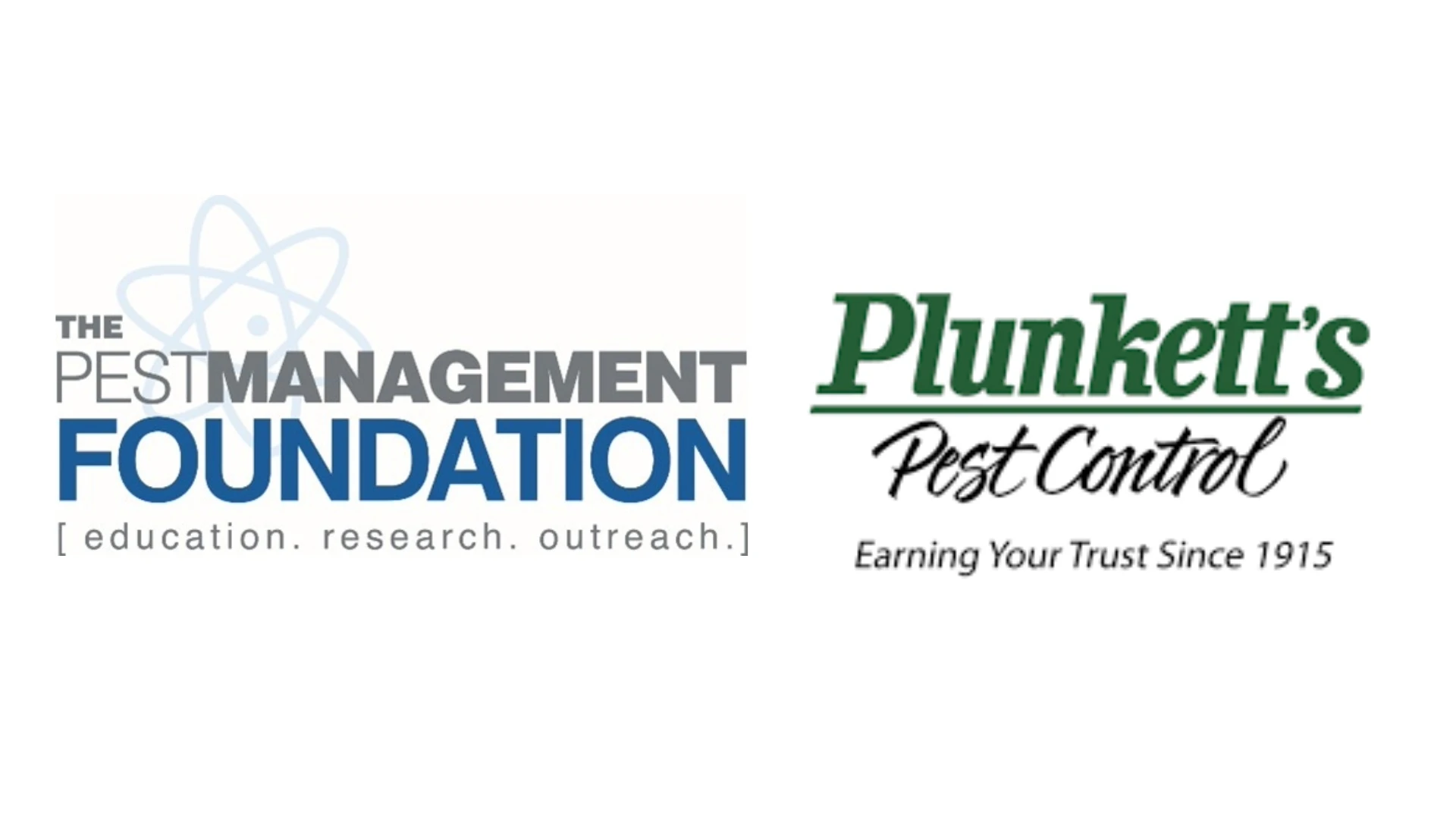TREATMENT CONSIDERATIONS. You can cautiously treat for and eliminate aggressive Africanized honeybees using the same techniques that you employ on regular honeybee jobs. Some of the tactics used to remove bee hives include:
- Always making sure that your bee suits are sealed properly.
- Parking your vehicle a considerable distance away from the hive so that bees are less likely to follow you into the cab.
- Chemically treating hives with a pyrethrum-based dust.
- Using aerosol sprays for quick knockdown.
- Spraying hives with pressurized soapy water — effective and useful in sensitive areas.
- Setting pheromone traps to capture swarms before they establish.
- Removing hives after dark — a good idea to stop the threat of attack, because in many cases these bees are usually much calmer at night.
- Always remembering to clean up the piles of dead bees that you will leave behind. It’s a good idea to lay down a tarp before you begin work, in order to make cleanup easier.
CUSTOMER EDUCATION. It’s definitely a good idea to educate your customers about Africanized bees:
- Advise or help them to remove possible nesting sites around their structures. These include unused trashcans, old tires, buckets and empty boxes.
- Urge or help them to seal any openings greater than one-eighth of an inch in walls, around plumbing and chimneys, and to install screening materials over rainspouts and vents.
- Counsel them to stay away from established hives.
- Advise them to take shelter from an attack indoors or inside a vehicle, not under trees or bushes.
- Inform them of risks involved in trying to destroy Africanized bee hives on their own.
- If they’re stung, advise them to remain calm and to find the fastest and safest escape route while protecting their face.
- If stung, tell them to remove the stingers as quickly as possible by whatever means necessary as they will continue to pump venom for some time. Recent research suggests that waiting until you find a credit card to scrape off the stinger actually wastes valuable time.
- Tell them to seek medical help if they’re stung numerous times or if they’re allergic to bee venom.
FINAL THOUGHTS. With Africanized bees — as with all stinging insects — the more cautious that you are, the more effective you will be.
A member of Copesan’s Technical Committee, Eric Paysen, Ph.D., is technical director of Lloyd Pest Control in San Diego. He recently earned his doctorate in entomology from Clemson University. His graduate school experience there included a specialty in ant ecology and various industry-sponsored projects developing products to more effectively manage ants and termites.
Copesan is an alliance of pest management companies with locations throughout North America. To learn more, visit www.copesan.com.

Explore the August 2010 Issue
Check out more from this issue and find your next story to read.
Latest from Pest Control Technology
- Insects Limited Announces Leadership Changes, Promotions for Continued Growth
- Rockwell Labs Adds Gill as Mid-Atlantic Region Technical Sales Representative
- OvoControl Now Registered Internationally for Use in the UAE
- Cindy Jones Becomes First Woman President of CPCO of Georgia
- How Fast Can Infestations Grow?
- NPMA to Host Spotlight Series on Critical Rodenticide Regulations
- Cetane Associates Promotes McCauley to Director of Marketing
- Bobby Corrigan Named the 2024 Crown Lifetime Achievement Award Recipient





